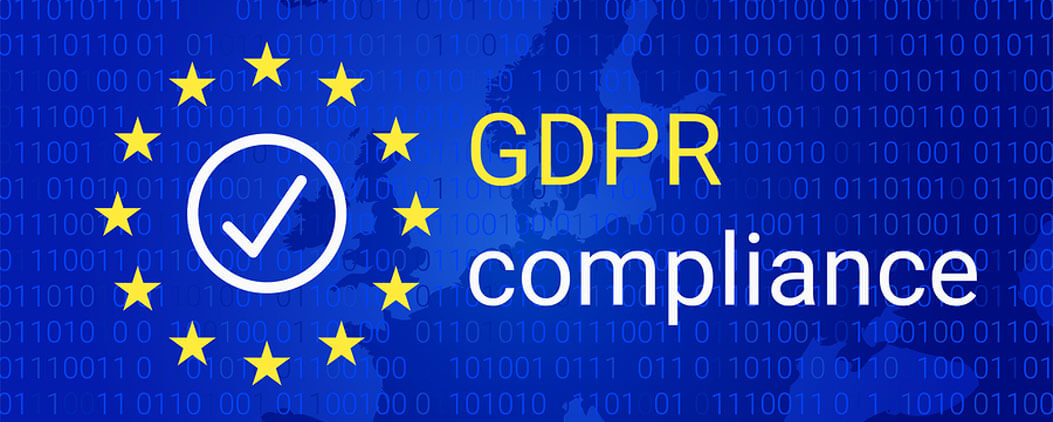GDPR and WordPressThe web is swirling about GDPR and it’s something that site proprietors can’t overlook. While GDPR is centered around sites adjusting the EU, as a general rule, for all intents and purposes any site, anyplace on the planet should be worried about this decision on the grounds that so many of us oblige individuals around the world.
The battle with WordPress isn’t the execution, however WordPress’ client base. While WordPress gives better CMS support than clients from solopreneurs to big business associations, by far most of WordPress’ center client base is people and private companies. I’m almost certain I can represent we all “little men” when I say GDPR feels overpowering!
The General Data Protection Regulation, also known as “GDPR” is an EU guideline zeroing in on information assurance and security for all people inside the European Union. Not just that, it tends to the commodity of individual information outside the EU.
What is GDPR?
This implies GDPR isn’t only an EU issue. It applies all over the place.
The GDPR points fundamentally to give control to occupants over their own information and to work on the administrative climate for worldwide business.
It was taken on April 14, 2016, and becomes enforceable on May 25, 2018. There was a two-year change period.
The GDPR replaces the 1995 Data Protection Directive. Since GDPR is a guideline it doesn’t need public states to pass any empowering regulation and is straightforwardly restricting and relevant.
Every individual who gathers any kind of close to home information. This guideline has a sweeping geographic degree.
Who Does GDPR Govern?
Article 3 of the GDPR says that assuming you gather individual information or conduct data from somebody in an EU country, your organization is dependent upon the necessities of the GDPR.
To start with, the law possibly applies assuming the information subjects, also known as customers, are in the EU when the information is gathered. This checks out. EU laws apply in the EU. For EU residents outside the EU when the information is gathered, the GDPR would not have any significant bearing.
Second, a monetary exchange doesn’t need to happen for the drawn out extent of the law to kick in. Assuming that the association simply gathers “individual information”, or “actually recognizable data”, as a feature of an advertising review or blog membership for instance, then, at that point, the information would need to be secured as verified in the GDPR.






Leave a Reply